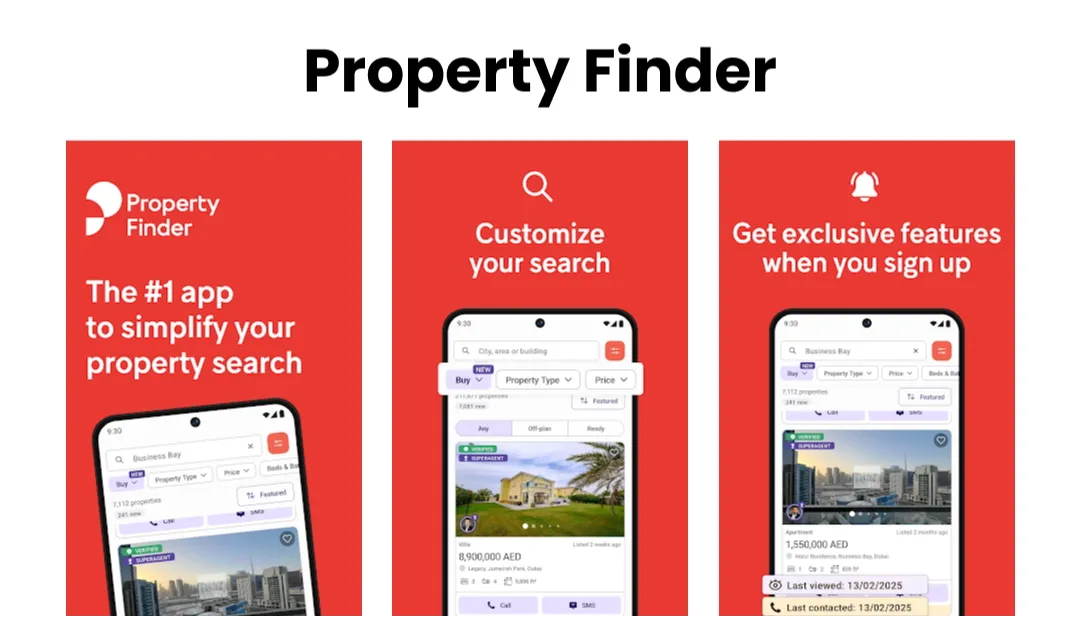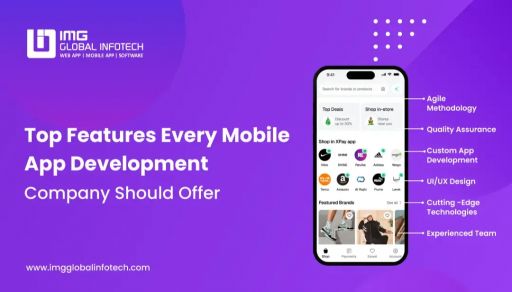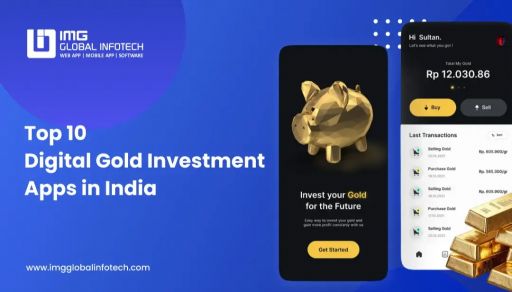How To Build An App Like Property Finder & Bayut | Features, Cost & Guide
Neeraj Rajput
Aug 22, 2025

The dynamic pace of today’s digital world is making it easier for people to access services right at their fingertips, redefining the nature of people’s interactions with services such as real estate apps, including notable ones like Property Finder and Bayut. These platforms offer unmatched convenience to property seekers and agents, featuring state-of-the-art search filters, real-time updates, and exceptional listing quality. With an increase in demand for digital solutions in real estate, numerous apps are being developed to meet and capitalize on market gaps, creating significant opportunities for entrepreneurs and businesses alike. If you desire to build a real estate app similar to Property Finder or Bayut, then this blog is for you. This guide is designed for both startups and established entrepreneurs seeking to tailor their customer needs with a user-friendly real estate platform.
Overview of Property Finder & Bayut
Property Finder
Founded in Dubai in 2007, Property Finder is one of the frontrunners of real estate platforms in the MENA region. The platform enables users to buy, sell, or rent any type of residential or commercial property. Property Finder is a go-to platform for many, with detailed listings that contain all relevant information, such as images, location maps, agent profiles, price trends, etc.
Bayut
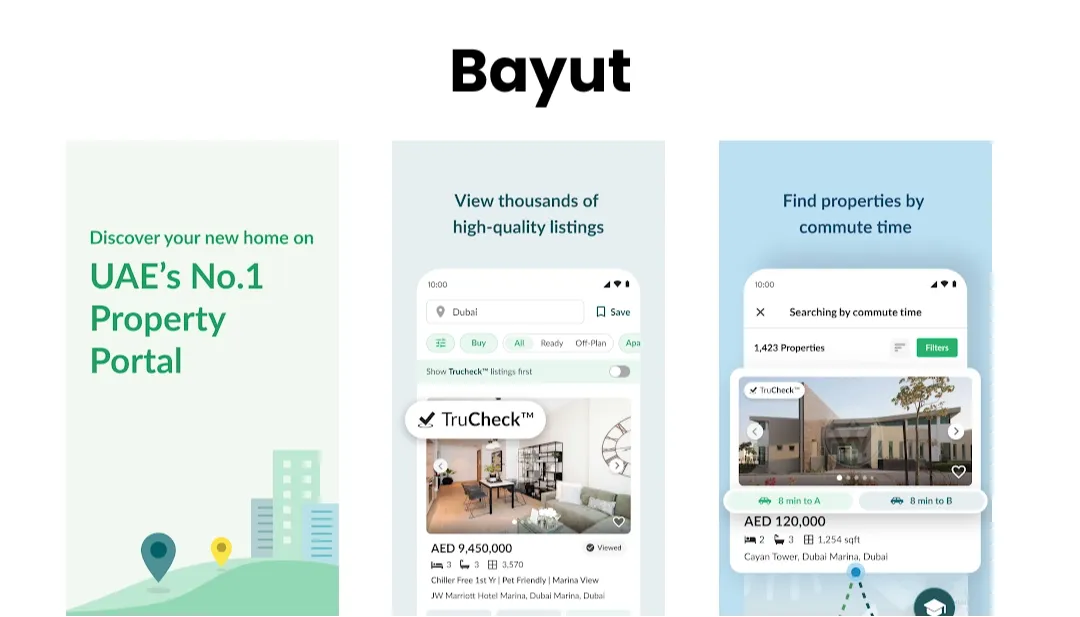
Working under the Emerging Markets Property Group (EMPG), Bayut has been one of the sought-after property portals in the UAE since its inception in 2008. Bayut has established a reputation for its user-friendly interface and accurate listings. Apart from offering advanced filters for searching, Bayut also offers 3D tours, detailed floor plans, and valuable market insight. The platform caters to both sellers and buyers across the entire region, providing exceptional services throughout their real estate journey.
Why Build a Real Estate App Like Property Finder & Bayut?
High User Demand & Market Growth
The growing demand for smartphone usage, along with the need for digital property searching options, has made it easy for apps to be developed that allow users to search, buy, or rent properties whenever they want.
Enhanced User Experience & Lead Conversion
The previously mentioned functions, along with user-friendly options such as virtual tours and real-time chat, enable users to make informed decisions, increasing engagement on these apps with property agents and businesses and yielding higher conversion rates.
Profitable & Scalable Business Model
Through offering subscriptions, ads, and even premium listings, property apps are able to generate monetization while simultaneously scaling their business and ensuring growth in the long run.
Market Demand & Growth of Digital Real Estate Platforms
- Valued at USD 35.4 B in 2024, expected to reach USD 114.8 B by 2033, growing at a CAGR of 13.25%
- Interestingly, another report expects expansion from USD 45.2B in 2026 to USD 104B by 2030 at an 18.1% CAGR, highlighting the rapid pace of adoption.
- With an estimated value of USD 12.2 B in 2024, with projected growth to USD 28.2 B by 2033, at 9.3% CAGR.
- In the sub-sector market study, growth is estimated from USD 12.5 B in 2022 to USD 29.3 B by 2030, at an 11.3% CAGR.
- Estimated to have a value of USD 2.69 B in 2024, with an estimated growth to USD 4 B by 2033, at a 4.5% CAGR, representing a transition to digital asset management.
- The real-estate platforms driven by the metaverse sector and its extensions grew to USD 2.99 B in 2024, with anticipation of reaching USD 67.4 B by 2034 (36.6% CAGR), suggesting digital or immersive technology will play an expanding role.
- Another monetary valuation suggested initial growth from USD 1.69 B in 2024 to a projected USD 59.8 B by 2034 and a CAGR of 48.6%, emphasizing the investment interest in virtual place spaces.
>>>Also Read: How is AR/VR Changing Real Estate in UAE?
Key Features of Property Finder & Bayut
Before we take you to the commercial real estate development process, you must know about the features.
Advanced Search Filters
Users can filter property searches by type, location, price, bedrooms, amenities, etc., to give them accurate results for their needs and preferences.
Interactive Map View
This feature allows users to view properties on a map and see what surrounding landmarks are next to them. This feature gives users insight into the connectivity of a location, as well as an understanding of its surroundings before they make a decision.
Virtual Property Tours
High-quality video walkthroughs, as well as 360° virtual tours, will allow users to take a full virtual viewing of a property, and it will save the users time to take a virtual walkthrough and narrow the list of properties without needing to visit in person.
User & Agents Profiles
Normally, users will see highly detailed profiles for agents or agencies, including ratings, reviews, and contact information. This builds trust between users and agents and improves communication between the two.
Saved Searches & Favorites
With the help of apps like Zillow or Trulia, users can bookmark listings and then also save their personalized searches to return back for later to not lose any interesting properties or to remember their search preferences.
Push Notifications
Users can get real-time alerts when new listings appear, changes in price, or updates on favorite properties so that they can remain connected to the market, and periodic alerts can keep users informed of being responsive to the market environment.
Mortgage Calculator
The app has a simple in-app tool that allows users to track the possible monthly payments on the basis of the loan amount, interest rate, and loan duration, which is beneficial to consumers and allows them to understand financial planning tools all in one place.
In-App Chat & Call
In-app chat and calls enable effortless communication between users and agents, which helps generate leads and close deals faster.
Business & Revenue Model of Property Finder and Bayut
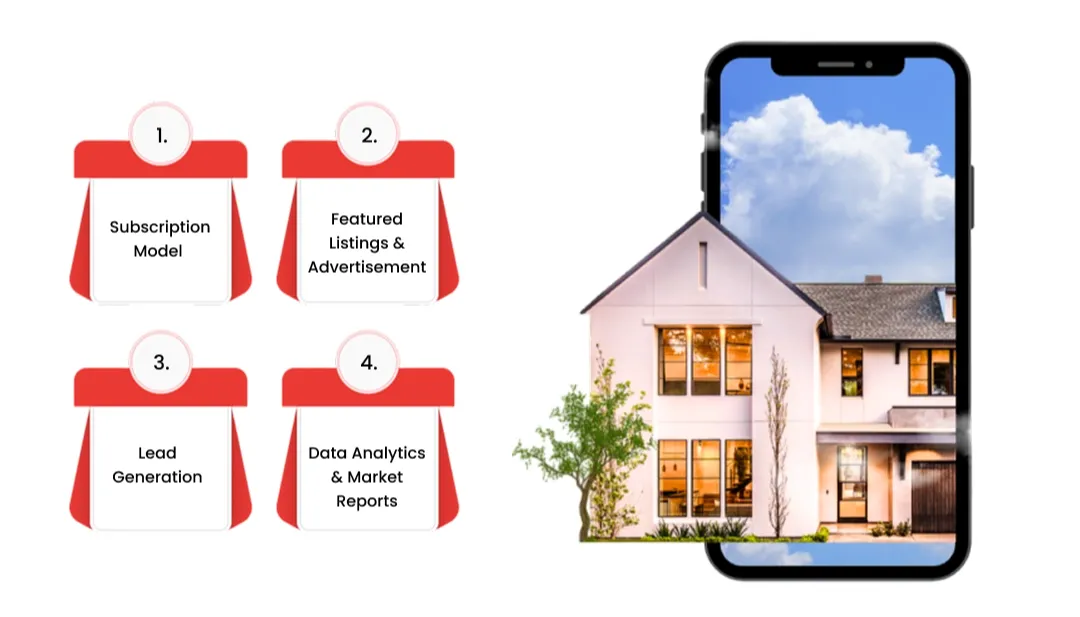
Property Finder and Bayut operate on very scalable and profitable business models designed around real estate. Here are the methods of monetization for real estate apps. Both platforms are online marketplaces that facilitate connections between property buyers, sellers, renters, and agents while maintaining functional and straightforward mobile and web applications.
1. Subscription Model
Property Finder and Bayut's revenue-generating business is through subscription packages for real estate agents, brokers, and developers. Subscription packages differ based on the number of listings, exposure, analytics, promotional tools, and other features. Premium subscribers are guaranteed featured listings and priority in search, which provides them with valuable leads.
2. Featured Listings & Advertisement
Agents or agencies can pay to have their listings featured or placed at the top, which will result in better placement across property management apps. These paid featured property listings will stand out to potential buyers, thus increasing clicks and possible conversions. Furthermore, both platforms allow brands to gain notoriety through banner
advertising (or bilateral property placements).
3. Lead Generation
Both real estate apps, like Bayut and Property Finder, generate revenue by charging agencies for leads related to buyers and renters. When agents receive inquiries through the platform, the number and quality of leads they receive are dependent on the listing quality and subscription level.
4. Data Analytics & Market Reports
Based on their huge volume of user engagement and property data, Property Finder and Bayut provide companies with data analytics and insights, publishing market reports, and collecting a fee for this service. These analytics and insights assist developers, investors, and agents in making data-driven decisions.
>>>Also Read: Real Estate CRM Solutions in UAE
Steps to Develop an App Like Property Finder & Bayut
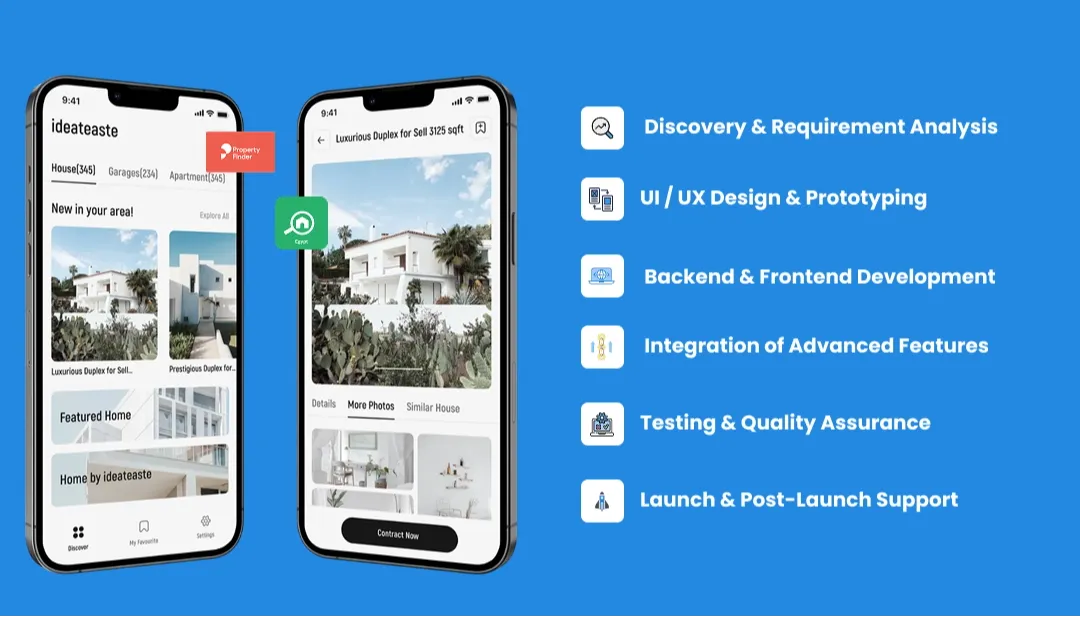
Developing a successful real estate app like Property Finder or Bayut takes planning, technical expertise, and a detailed understanding of the general real estate market. To save time and have a higher success rate, we recommend hiring a real estate app development company. The development process generally follows these six stages:
1. Discovery & Requirement Analysis
The development process results in discovery and requirement analysis. Discovery starts with discovery meetings that allow the real estate app development company to understand your business goals, target users, and core functionalities. They conduct market research, competitor analysis, and feasibility studies to define the project roadmap specific to your vision.
2. UI / UX Design & Prototyping
Once the requirements are detailed, the design team will factor in these aspects and create wireframes and a prototype that are engaging and intuitive. A good real estate app should have easy navigation, a responsive layout, interactive maps, and clean property listing interfaces. This phase of the app development process proposes design
methods that will elevate the user experience and enhance user engagement.
3. Backend & Frontend Development
This is the phase where developers get started with their coding according to the core functionalities of the app; developers will choose technical stacks that work depending on the app. The real estate web portal development company is working to develop a project that is scalable in architecture - Critically, they should be following secure and safe coding practices.
4. Integration of Advanced Features
Content will depend on the app's competitors, like Property Finder, Bayut, etc. if they want to just integrate the essential features of a no-frills real estate app, awesome. However, we hope they integrate advanced features like AI-based property recommendations, Virtual property tours, mortgage calculators, 3D floor plans, push notifications, and CRM tools for agents and sellers.
5. Testing & Quality Assurance
The testing phase will have QA professionals scour the app for bugs, performance issues when scaled, security flaws/ loopholes, and other compatibility concerns when reviewed on multiple devices. Your hired real estate application development company carries out functional, usability, and load testing to ensure a smooth user experience without any bugs or flaws.
6. Launch & Post-Launch Support
Once the testing is successful, the real estate platform in the UAE is deployed onto the App Store and/or Google Play. Then, this development company will continue to provide maintenance, updates, and ongoing performance monitoring to ensure the app remains efficient and competitive.
Cost of Developing a Real Estate App Like Property Finder & Bayut
The cost to develop a real estate app like Property Finder or Bayut is typically anywhere between $15,000 to $50,000+ or more, depending on a variety of factors such as complexity, features, design, and the location of your development company. Here are seven key considerations that will impact the overall real estate app development cost:
1. App Features & Functionalities
The more features you want your app to have virtual tours, geolocation, mortgage calculators, in-app chat the more expensive it will be as development will take longer. A basic version would only have the core functionalities search, filter, property listings, etc which is obviously less expensive. Complex property finder apps like Bayut features will really extend the potential development cost of real estate applications.
2. Design & User Experience
High-quality UI/UX is essential when designing this type of app in order to provide smooth navigation and exciting visuals. If you want a custom-designed UI, interactive maps, animated features, etc., then the project will require highly skilled designers, and you are more likely to pay an additional charge on top of the standard cost to build a real estate application with a user-centric design compared to templated design.
3. Platform Choice (iOS, Android, or Both)
Building for one platform (Android or iOS) is less costly than creating a cross-platform or native app for both platforms. To target more users, you will need to pay for the cost of building on two platforms.
4. Technology Stack
The technologies used (backend frameworks, frontend tools, and third-party APIs) influence the cost of property listing apps like Bayut. You can pay for a high or low level of technology that is available. Examples include a single-page web app using JavaScript frameworks like Node.js, React Native, AWS, and MongoDB that have a higher science tech but can deliver long-term flexibility and performance.
5. Location of the Development Team
Location is essential when talking about costs. For example, the hourly rates tend to be a lot higher in North America and Western Europe ($100 to $150/hour) than a mobile app development company located in South Asia or Eastern Europe ($20 to $50/hour), where you can find a good deal with a high level of quality services.
6. Third Party Integrations
Third-party integrations add value to the user experience in real estate apps such as Google Maps, CRM software, analytics, and payment gateways. However, integrations increase development costs and/or licensing fees, and some APIs (application programming interfaces) are charged monthly.
An experienced consturction app development company in UAE can provide a custom quote for you based on your needs and business objectives. In short, scalable and high-quality real estate apps like Zillow, Property Finder, or Bayut should be viewed as an investment with long-term value return on investment (ROI).
Conclusion
To create a real estate app similar to Property Finder or Bayut is to take a complex and concise approach while mixing imagination and multi-disciplinary design, functionality, and technology. From the features and technology stack your app uses to how well it runs, every part of the real estate app development in Dubai is important in making a successful real estate application development. After considering developing a real estate app, teams should consider the importance of hiring an established real estate app development company to efficiently build your real estate app project, thereby avoiding unnecessary costs.
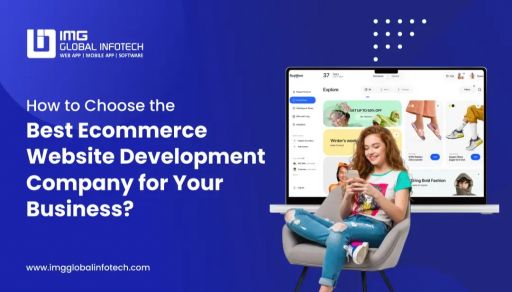 How to Choose the Best Ecommerce Website Development Company for Your Business?
How to Choose the Best Ecommerce Website Development Company for Your Business? Future of Digital Gold Investment Apps: Key Trends to Watch in 2026
Future of Digital Gold Investment Apps: Key Trends to Watch in 2026 AI in Banking & Finance: Key Use Cases, Benefits & ROI (2026)
AI in Banking & Finance: Key Use Cases, Benefits & ROI (2026) How to Choose the Right Gold Investment App Development Company?
How to Choose the Right Gold Investment App Development Company? Must-Have Features for a High-Performance Digital Gold Investment App
Must-Have Features for a High-Performance Digital Gold Investment App
Neeraj Rajput is the co-founder of a leading IT company with over a decade of experience in technology consulting, product development, and digital transformation. With a passion for solving complex business challenges through smart tech solutions, he shares insights on innovation, leadership, and the evolving IT landscape


